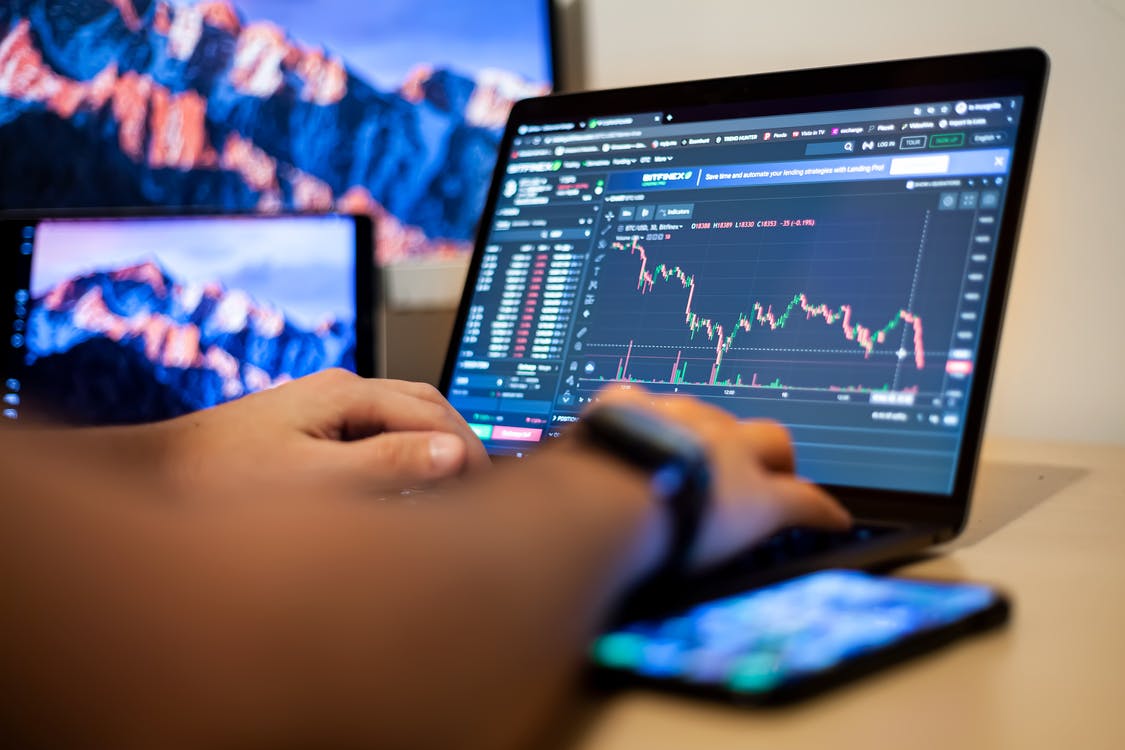For many new traders, stepping into the world of CFD trading seems exciting. The idea of earning from price movements without owning the asset feels modern and flexible. However, there are important lessons that only become clear after experiencing the market firsthand. Learning these early can help beginners avoid common pitfalls in their online CFD trading journey.
One of the first lessons is how quickly trades can turn against a trader. It’s easy to feel confident when prices start moving in the right direction, even for a short time. But sudden shifts are common, and without proper risk control, a winning trade can become a loss within seconds. The use of leverage—common in online CFD trading—amplifies both gains and losses. Even small trades, if unmanaged, can lead to serious losses when market conditions change fast.
Another key point is the value of planning. Many beginners open trades based on instinct or a quick glance at the chart. Without a clear entry and exit strategy, they often hold on too long or exit too early. Successful traders often set stop-loss and take-profit levels before they enter a trade. These tools help reduce emotional decisions, especially when prices begin to swing unexpectedly.
Overtrading is another mistake that beginners tend to make. At first, it might seem that placing more trades increases the chance of winning. But rushing into the market without proper analysis usually leads to losses. With time, more experienced traders realise that fewer, more thoughtful trades are often more effective. Waiting for high-quality setups rather than reacting to every price move improves overall results.
Education is a factor that new traders often overlook. Watching a few short videos or reading basic guides might seem like enough to get started. However, online CFD trading platforms usually offer deeper learning resources, including charting tools, tutorials, and practice accounts. Making use of these can dramatically improve how a trader prepares and reacts to market changes. As with any skill, trading takes time to understand fully.
Many beginners are also unaware of the real cost of trading. It’s not just about the asset’s price. Other costs include spreads, overnight holding fees, and sometimes commissions. These small charges can build up over time, especially when trades are kept open for long periods. By learning how fees work and including them in planning, traders can make more informed decisions and avoid unexpected surprises.
Online CFD trading might seem simple at first glance, but there’s more to it than predicting whether prices will go up or down. It’s about building a structured routine, using the right tools, and making clear decisions based on logic rather than emotion. The learning curve may be steep, but it becomes manageable with time, practice, and patience.
Good trading also means knowing when not to act. Some days, the best decision is to stay out of the market. By waiting for the right signals or conditions, traders often avoid losses caused by rushed choices.
Mistakes will happen, especially in the early stages. What matters more is how traders learn from those experiences. Reviewing trades, tracking results, and adjusting strategies over time can lead to steady improvement.
For beginners, starting with a demo account is a smart way to learn without financial risk. It allows new traders to test their skills, understand platform features, and watch how markets behave.
While CFD trading is not a quick route to riches, with the right mindset and preparation, it can become a valuable skill. Approaching it with patience and a plan makes the journey much more rewarding in the long run.

